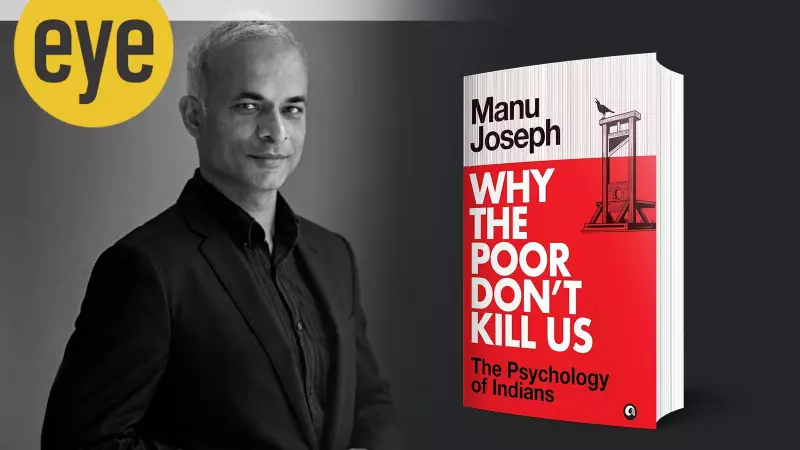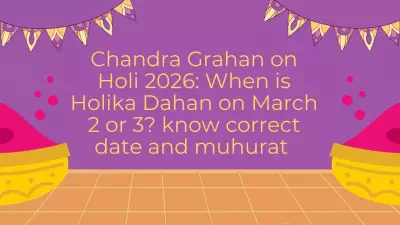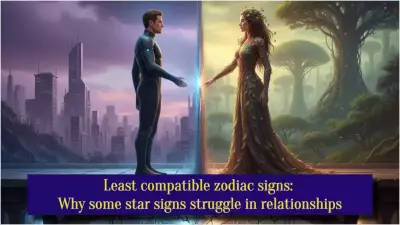
In a thought-provoking examination of India's complex social fabric, author Manu Joseph tackles one of the most pressing questions of our time: Why do the impoverished masses not rise against the privileged few? His latest work, "Why The Poor Don't Kill Us," delves deep into the uncomfortable realities of economic disparity that define contemporary Indian society.
The Unspoken Contract Between Classes
Joseph presents a fascinating perspective on the unspoken understanding that maintains social order despite extreme inequality. He argues that the wealthy continue their lives undisturbed not because of overt oppression, but due to a complex web of social, psychological, and economic factors that keep the peace intact.
The book challenges conventional narratives about poverty and revolution, suggesting that the relationship between India's rich and poor is far more nuanced than simple exploitation. Joseph explores how both classes have developed mechanisms to coexist, however unequally, within the same social space.
Beyond Economic Explanations
What makes Joseph's analysis particularly compelling is his move beyond purely economic explanations. He delves into:
- Psychological barriers that prevent collective action
- Cultural narratives that normalize inequality
- Social structures that maintain the status quo
- Historical contexts that shape current class dynamics
A Mirror to Middle-Class Conscience
The book serves as an uncomfortable mirror for India's middle and upper classes, forcing readers to confront their own complicity in maintaining systems of inequality. Joseph doesn't offer easy solutions but instead provokes necessary conversations about privilege, responsibility, and social justice.
Through sharp observations and thoughtful analysis, "Why The Poor Don't Kill Us" emerges as essential reading for anyone seeking to understand the complex dynamics of modern India, where extreme wealth and desperate poverty exist side by side in a delicate, often unexamined balance.





